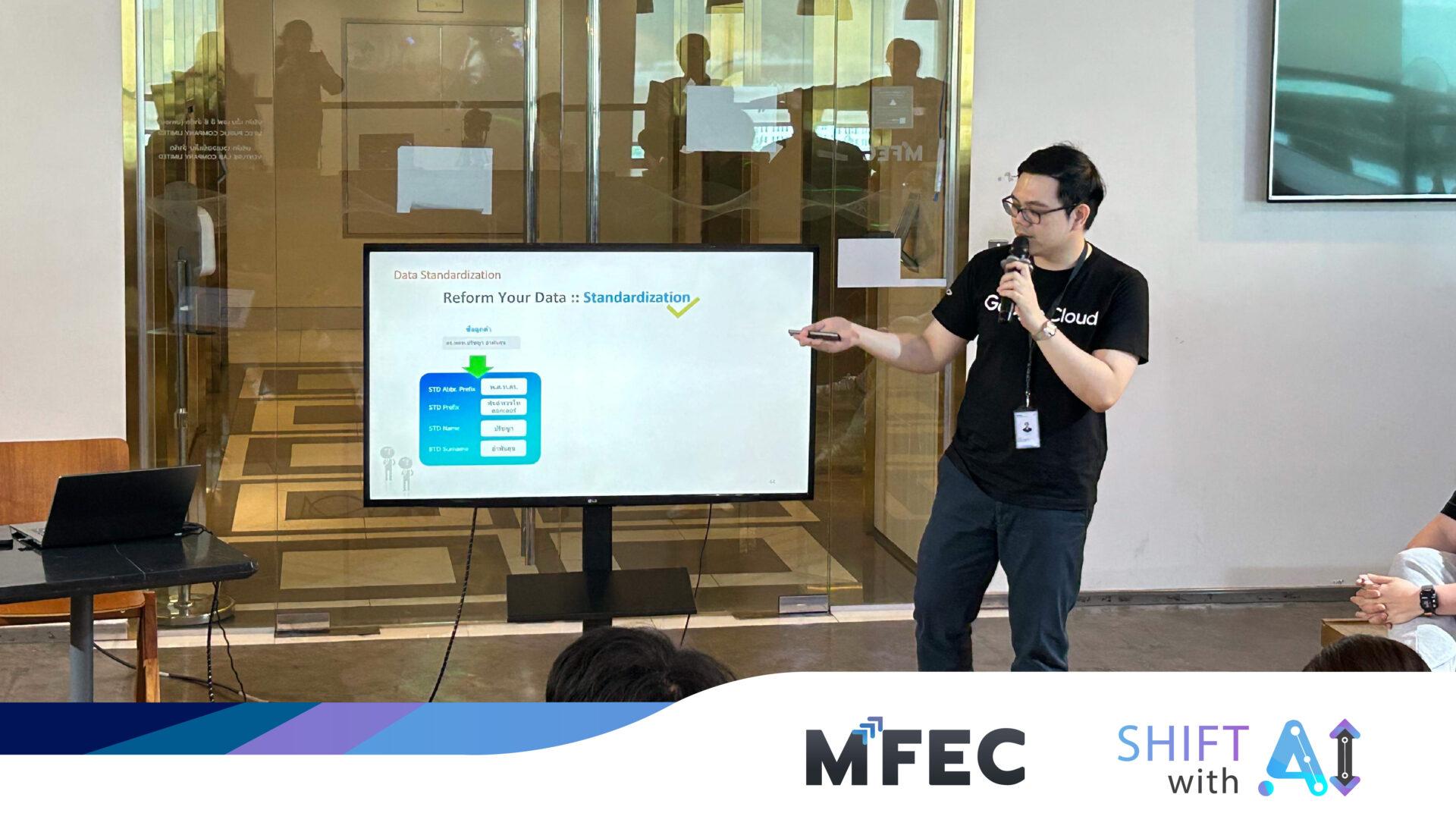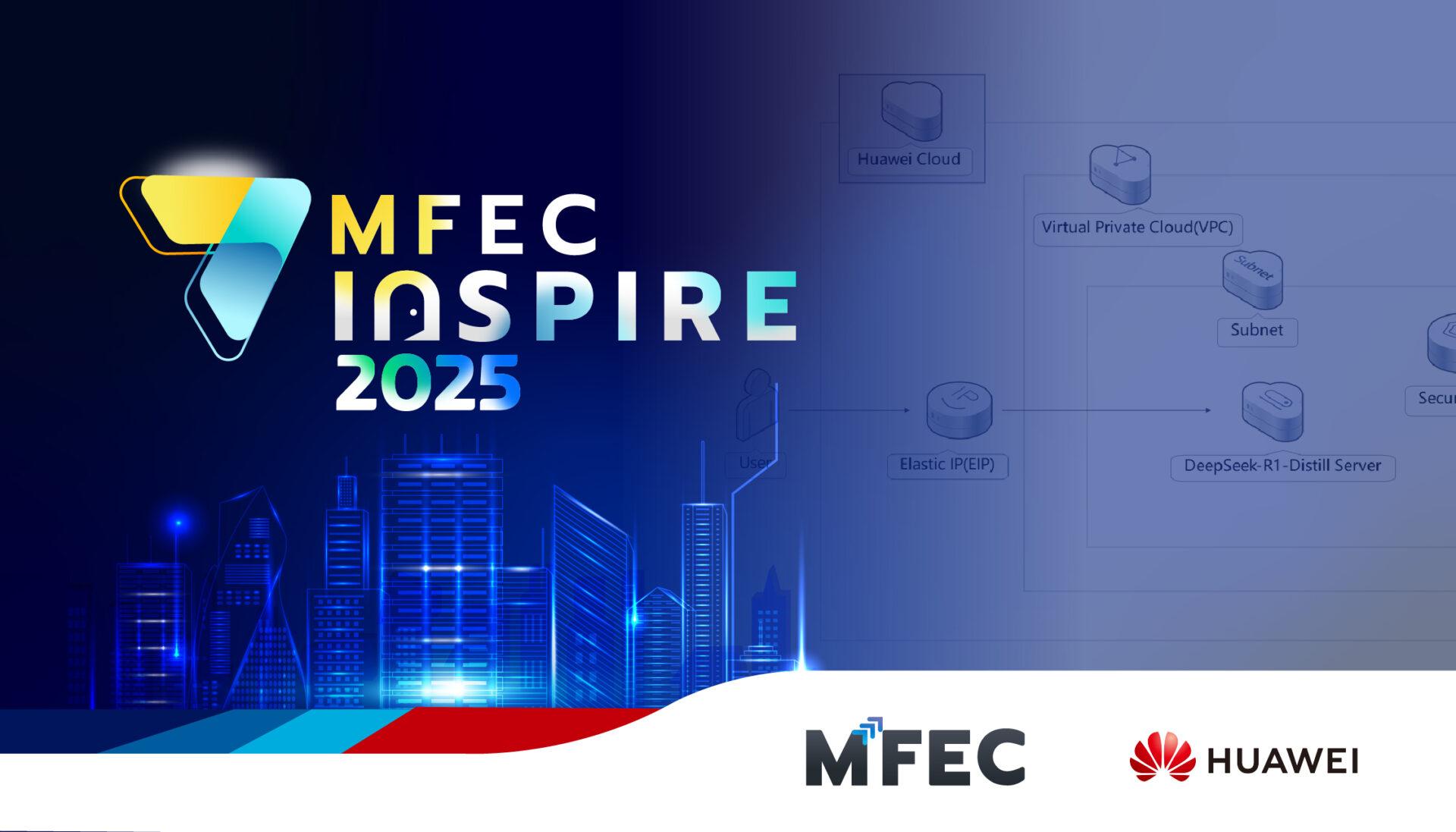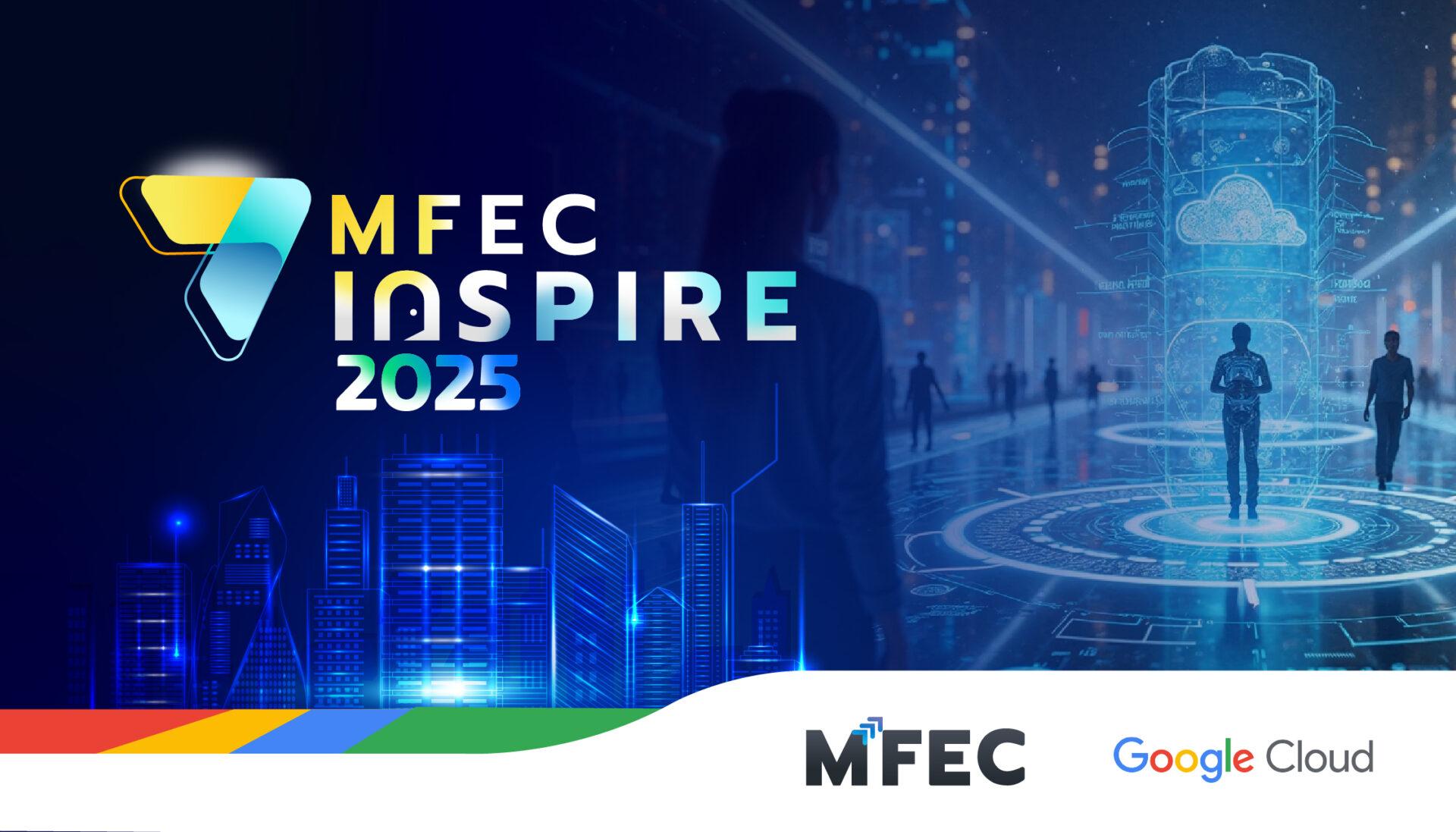In an era where vast amounts of data flow in from all directions, high-quality and reliable data management has become a crucial factor in business analysis and decision-making. At the event “AI Revolution: Uplifting Our Future,” under the topic “AI Data Revolution: Basic Cleaning Data,” Mr. Sakan Punyanon (Technical Consultant) shared his insights and experiences in Data Cleaning using Generative AI technology, which improves efficiency and minimizes errors in organizational data management.
Mr. Sakan explained the key steps in organizing and cleaning data, from Data Standardization, Data Validation, to handling repetitive tasks with Generative AI. These components are essential for preparing data for in-depth analysis and more accurate business decision-making.
He outlined three fundamental AI-powered steps for effective Data Cleaning that can be practically applied to enhance data quality, making it suitable for detailed analysis and precise decision-making:
- Data Standardization: Mr. Sakan recommended using OpenAI ChatGPT to standardize data from multiple sources with varying formats, reducing complexity and minimizing errors in data usage.
- Data Validation: By leveraging Google Cloud DataPrep, data accuracy can be validated by detecting errors, missing data, or anomalies, ensuring a complete and reliable dataset.
- Data Cleaning: Trifacta was highlighted as a tool to manage repetitive tasks such as removing unnecessary data and aligning data with required standards, reducing manual workload and minimizing potential errors.
Generative AI not only simplifies and accelerates Data Cleaning but also enhances accuracy, reduces the time needed for data management, and improves data quality for more effective business decision-making. MFEC has embedded AI as a core component of its operations to drive tangible transformation, enhance data management capabilities, and empower employees to fully leverage their technological skills.
At MFEC, we believe AI is a powerful tool for organizational development. Nevertheless, the ability to fully leverage data still depends on the expertise and thoughtful decision-making of the organization’s personnel.






